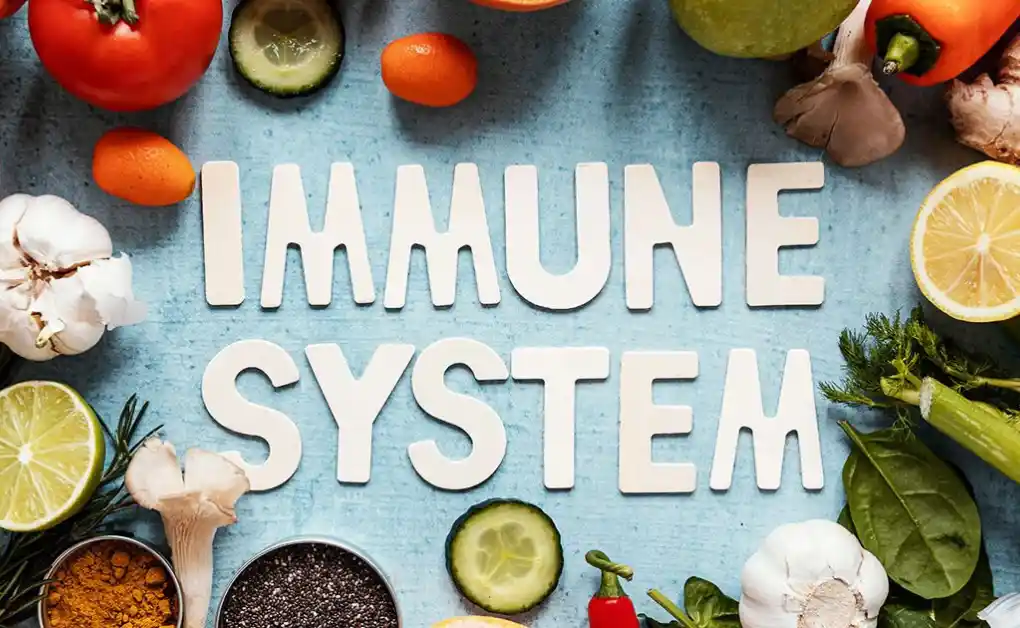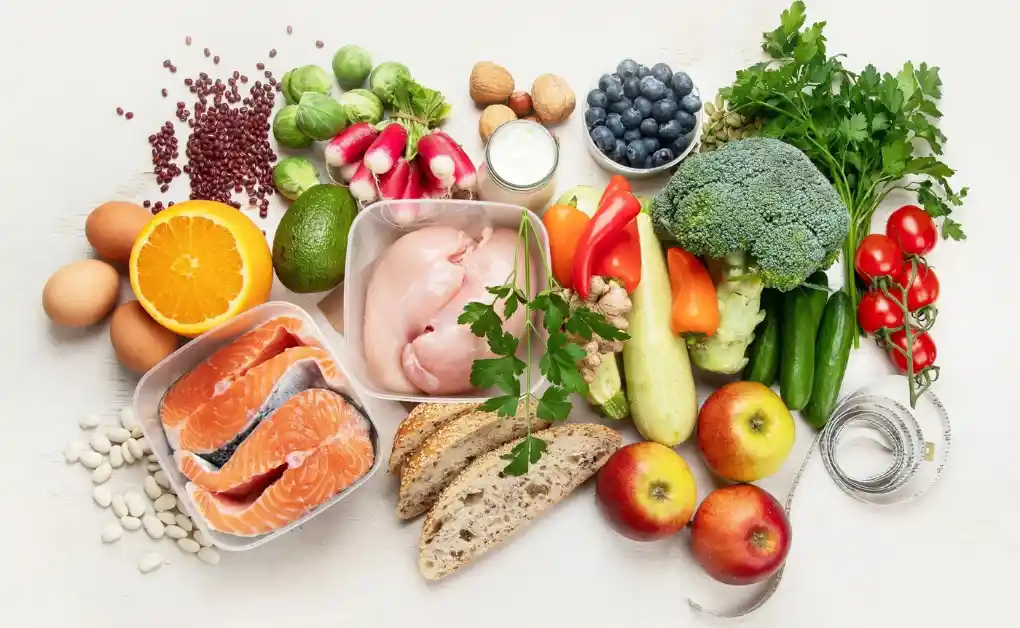The Role of Nutrition in Boosting Immunity
Good health begins with a strong immune system, and one of the most effective ways to strengthen your immunity is through proper nutrition. What you eat has a direct impact on your body’s ability to fight infections and stay resilient against illnesses. By incorporating nutrient-rich foods into your diet, you can enhance your body’s natural defense mechanisms. Here’s a deep dive into how nutrition plays a vital role in boosting your immunity.

1. The Immune System-Nutrition Connection
Your immune system is a complex network of cells, tissues, and organs that work together to protect your body from harmful invaders like viruses and bacteria. Nutrition acts as the fuel that powers this intricate system. Without the right nutrients, your immune system may not function optimally, leaving you more vulnerable to infections.
2. Essential Nutrients for a Stronger Immune System
Certain vitamins and minerals are particularly beneficial for boosting immunity. Let’s take a closer look at the key players:
- Vitamin C: Found in citrus fruits, strawberries, and bell peppers, vitamin C is a potent antioxidant that helps the body fight off infections and reduces the severity of colds.
- Vitamin D: Known as the “sunshine vitamin,” it supports immune cell function. You can get it from sunlight, fortified foods, and fatty fish like salmon.
- Zinc: This mineral plays a crucial role in immune cell development. Sources include nuts, seeds, and shellfish.
- Vitamin A: Essential for maintaining healthy skin and mucosal barriers, which are your body’s first line of defense. Carrots, sweet potatoes, and spinach are great sources.
- Probiotics: Found in fermented foods like yogurt and kimchi, probiotics support gut health, which is closely linked to immune function.
3. The Role of Antioxidants
Antioxidants protect your cells from damage caused by free radicals. Fruits, vegetables, and whole grains are packed with antioxidants that can help strengthen your immune response. Include colorful produce like berries, kale, and broccoli in your diet to maximize their benefits.
4. Gut Health and Immunity
Did you know that around 70% of your immune system resides in your gut? A healthy gut microbiome is essential for a strong immune response. Foods rich in fiber, like whole grains, legumes, and leafy greens, feed the beneficial bacteria in your gut, promoting better immunity.
5. Hydration Matters Too
While often overlooked, staying hydrated is critical for overall health, including your immune system. Water helps transport nutrients to your cells and flush out toxins. Aim for at least 8 glasses of water daily, and consider herbal teas and broths for added benefits.
6. The Importance of a Balanced Diet
No single food can provide all the nutrients your immune system needs. A balanced diet that includes a variety of fruits, vegetables, whole grains, lean proteins, and healthy fats ensures you’re covering all your bases. Avoid excessive consumption of processed foods, sugar, and unhealthy fats, as they can weaken your immune system over time.

7. Lifestyle Habits That Complement Nutrition
While nutrition is a cornerstone of immunity, it works best in harmony with other healthy habits. Make sure to:
- Get enough sleep (7-8 hours per night).
- Exercise regularly.
- Manage stress through activities like yoga or meditation.
Conclusion
Good nutrition is more than just eating the right foods—it’s about empowering your immune system to keep you healthy. By making mindful choices about what you put on your plate, you can give your body the tools it needs to fight infections and bounce back faster when you’re unwell. So, start nourishing your immune system today—it’s an investment in your health and well-being.
FAQs
1. What are the best foods to boost immunity?
Foods rich in vitamins and minerals are excellent for boosting immunity. These include citrus fruits (for Vitamin C), leafy greens (for Vitamin A and antioxidants), fatty fish (for Vitamin D), nuts and seeds (for zinc), and fermented foods like yogurt (for probiotics).
2. How does Vitamin C help the immune system?
Vitamin C is a powerful antioxidant that supports the production of white blood cells, which help fight infections. It also protects your cells from free radical damage and reduces the severity of colds.
3. Can drinking water improve my immune health?
Yes, staying hydrated is essential for your immune system. Water helps transport nutrients to cells and flushes out toxins, ensuring your body functions optimally.
4. How important is gut health for immunity?
Gut health is crucial, as about 70% of the immune system resides in the gut. Consuming probiotics (from yogurt, kefir, or kimchi) and prebiotics (like fiber-rich foods) supports a healthy gut microbiome, which strengthens immunity.
5. Do supplements help in boosting immunity?
Supplements can help if you’re deficient in certain nutrients, like Vitamin D or zinc. However, it’s best to get these nutrients from whole foods whenever possible, as they provide a more balanced and bioavailable source.


